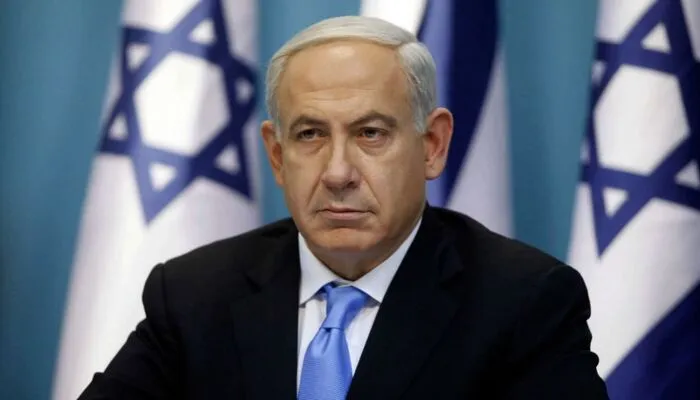Netanyahu’s Coalition Wobbles as Ultra-Orthodox Party Quits Over Draft Bill
United Torah Judaism exits government, exposing fragile alliances and Gaza tensions

In a dramatic shake-up for Israeli politics, the United Torah Judaism (UTJ) party has quit Prime Minister Benjamin Netanyahu’s governing coalition. The party’s two factions, including Degel HaTorah, say they can no longer support the government after repeated violations of promises concerning military draft exemptions for yeshiva (Jewish seminary) students.
“After the government repeatedly violated its commitments to ensure the status of Jewish seminary students,” said a Degel HaTorah statement, “our lawmakers are resigning from the coalition and the government.”
The ultra-Orthodox community has long resisted compulsory military service, insisting that Torah study is their national contribution. The current draft bill seeks to enforce broader conscription, something UTJ strongly opposes. Their exit will take effect within 48 hours and will shrink Netanyahu’s parliamentary majority, intensifying the political tightrope he’s already walking.
Far-Right Ministers Hold Greater Leverage
UTJ’s departure means Netanyahu must now rely more heavily on his far-right allies — Finance Minister Bezalel Smotrich and National Security Minister Itamar Ben-Gvir — both of whom fiercely oppose any ceasefire with Hamas. These ministers have repeatedly called for the total destruction of Hamas and an expanded Israeli military presence in Gaza.
In an apparent attempt to appease them, Netanyahu has backed a controversial plan to keep Israeli troops stationed in large parts of Gaza post-conflict — a move drawing criticism both locally and internationally. The plan reportedly includes the construction of a “concentration zone” for some 600,000 displaced Palestinians, raising serious human rights concerns.
Smotrich and Ben-Gvir have already threatened to quit the government in the past, particularly when there was any sign of a pause in the Gaza war. Now, with Netanyahu more dependent on them, their influence could shape the next phase of the conflict — possibly at the cost of any peace deal.
Ceasefire Talks in Jeopardy
Meanwhile, ceasefire negotiations with Hamas remain stalled. One of the core disagreements centers on Israel’s refusal to fully withdraw from Gaza. Hamas demands that Israeli forces pull back to the lines held before the brief January truce. They also seek guarantees that any future pause in fighting will lead to a permanent end to the war — a condition the Israeli leadership rejects.
Israel’s insistence on maintaining control over parts of Gaza and the proposed relocation zone has further inflamed tensions. Human rights groups, along with international organizations, have condemned the idea, warning that it could lead to permanent displacement of Palestinians and deepen the humanitarian crisis.
With the governing coalition now fractured and Netanyahu increasingly beholden to ultra-nationalist voices, hopes for a viable ceasefire seem dimmer than ever. Political instability in Jerusalem is now directly feeding into military uncertainty in Gaza — a dangerous feedback loop for a region already on edge.
Follow us on Instagram, YouTube, Facebook,, X and TikTok for latest updates




